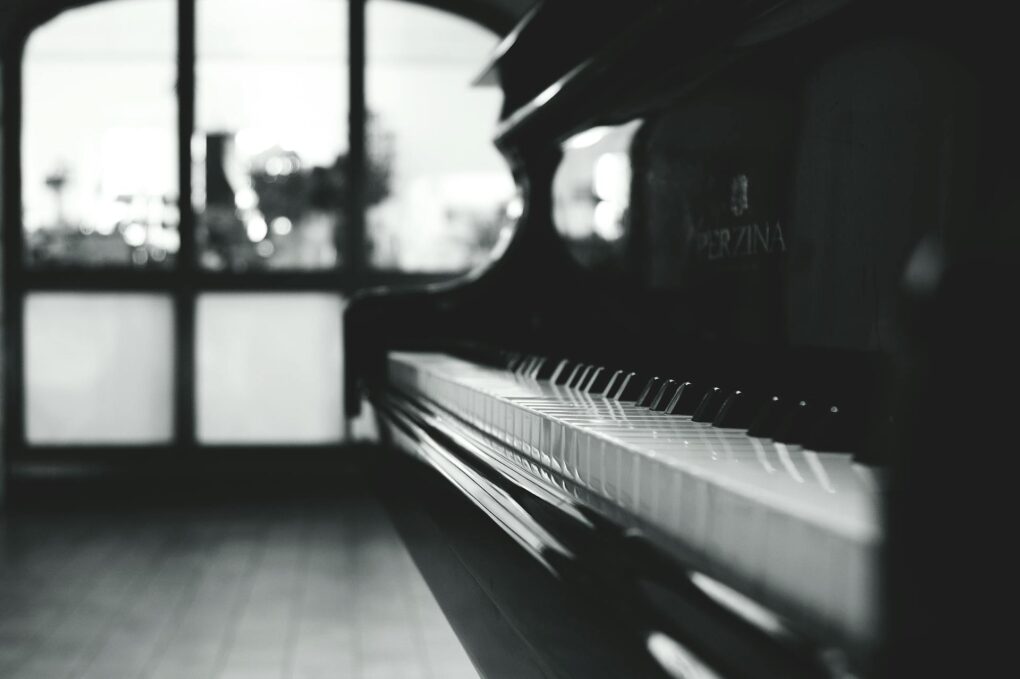Classical pianist Simone Dinnerstein has performed on stages around the globe, from solo recitals to collaborations with prestigious orchestras. Famed composer Philip Glass even wrote a concerto specifically for her to perform. But stage fright nearly ended it all — until iPad saved her career, according to a new interview.
We’re used to iPhone saving lives and what-not, so it’s cool to see Apple’s tablet get some credit.
iPad saves classical pianist’s career
Dinnerstein has premiered new works and toured the United States with a Cuban orchestra. Her latest album, Complicité, showcases her chamber music ensemble Baroklyn. But behind her successful career lay a decades-long struggle with crippling performance anxiety that nearly ended everything, according to NPR. And the unlikely savior turned out to be an iPad.
For years, Dinnerstein battled severe stage fright despite extensive preparation. Panic attacks would strike midperformance, causing her to lose her place and spiral into confusion. The classical music world’s expectation that soloists perform entirely from memory, without sheet music, only intensified her anxiety.
The pressure reached a breaking point during her 2005 Carnegie Hall debut, where she experienced memory lapses while performing Bach’s Goldberg Variations, according to NPR. Ironically, this came just months after recording the same piece. The recording later catapulted her to fame when it topped the Billboard Classical Chart in 2007.
The turning point
The situation deteriorated to such an extent that Dinnerstein’s husband suggested she consider quitting music altogether after one particularly disastrous performance. Faced with this ultimatum, she realized she had two choices: Abandon her career or find a way to perform with the music in front of her. No amount of practice — hours daily and hundreds more before each concert — could overcome the overwhelming anxiety she felt on stage.
“All of this was tied to this very conservative notion and convention that we have in classical music that pianists should play without the music, from memory,” she said. The expectation not only triggered her anxiety but also prevented her from experiencing the joy of being present with the music itself.
Breaking the silence on performance anxiety
Now, Dinnerstein speaks openly about her struggles. She hopes to help other musicians and challenge what she considers rigid classical music conventions.
She acknowledges that performance anxiety carries shame among performers. But she believes the industry needs to become more accepting of different learning styles and needs, similar to evolving workplace accommodations.
Technology as salvation
In recent years, Dinnerstein has brought an iPad on stage with her — a decision she credits with saving her career. Musicians typically use the iPad Pro for its larger screen size, which more closely resembles traditional sheet music. A Bluetooth pedal allows page turns without interrupting hand movements, eliminating the need for a page turner even with lengthy scores.
Dinnerstein still memorizes all her music. But having the score visible provides what she describes as enormous freedom and comfort. This technological solution has enabled her to focus on achieving something “imaginative, thoughtful and exciting” rather than being constrained by outdated conventions.
Creative renaissance
The timing of her technological adoption wasn’t coincidental. Dinnerstein began using the iPad on stage in 2017 when she premiered Philip Glass’s Piano Concerto No. 3, which he composed specifically for her. That same year, she formed Baroklyn, her chamber music ensemble.
With the mental and emotional energy previously consumed by anxiety now available for creativity, Dinnerstein has become more experimental and daring in her performances.
This newfound freedom is evident in Complicité, Baroklyn’s all-Bach album featuring innovative transcriptions and arrangements. The ensemble takes creative liberties like gradually accelerating tempo throughout pieces and having different instruments share melodies in what Dinnerstein describes as a “sharing circle.”
Her story demonstrates how challenging traditional conventions — when they serve no musical purpose — can unlock artistic potential and extend careers that might otherwise be cut short by anxiety.


